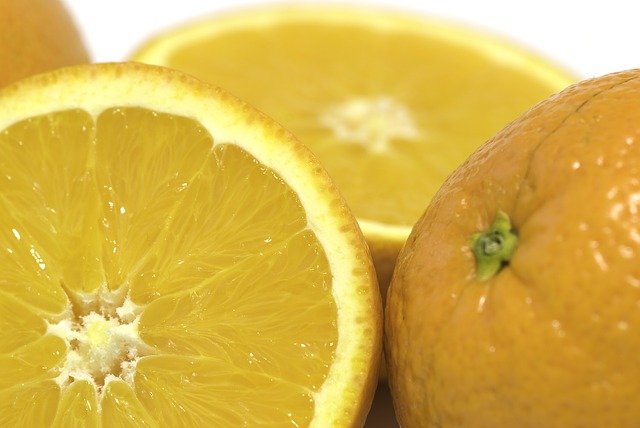
Contributor: Blog Contributed By Crystal Karges, MS, RDN, IBCLC at Addiction Hope
Veganism is a lifestyle for many individuals. This type of diet involves the abstinence of all types of animal products and foods that comes from animals, including meats, dairy, fish, poultry, and eggs.
Individuals who follow a vegan diet typically avoid using other animal products, including leather, honey, fur, wool, gelatin, or even cosmetics or cleaning products that have been synthesized from animals. For many people who follow this type of lifestyle, it is a choice that is derived from an ethical decision to oppose the use of animals/animal products for any purpose [1].
The Foundation of Vegan Diets
The foundation of vegan diets is plant-based foods, including:
- Fruits
- Vegetables
- Grains
- Nuts
- Legumes
- Seeds
Eating a diet consisting of these foods can contribute many healthy nutrients, including antioxidants, fiber, vitamins/minerals, phytochemicals, and more. In some instances, a vegan diet may help prevent or reduce the risk of chronic diseases, such as cancer and heart disease.
Individuals following a vegan diet may do so for the interest of their health or to help reduce known risk factors in their lives for particular diseases.
Maintaining a Vegan Lifestyle While in Recovery
 Can a vegan lifestyle be maintained while in recovery from addiction? If you have been following a vegan lifestyle and are hoping to continue this while in recovery, be sure to discuss this option with your treatment team.
Can a vegan lifestyle be maintained while in recovery from addiction? If you have been following a vegan lifestyle and are hoping to continue this while in recovery, be sure to discuss this option with your treatment team.
Because addictions to drugs and/or alcohol can strip the body of its nutrient stores, the nutrition needs for a recovering addict are typically much higher than normal. Some key nutrients that can be potentially low or missing from a vegan diet include:
- Vitamins A and D
- Vitamin B-12
- Protein
- Zinc
While careful planning and preparation can help ensure these nutrient requirements are met, it may be much more difficult to achieve these needs while in addiction recovery.
Discussing Your Diet with a Treatment Team
Whatever your reason for following a vegan diet, be sure to discuss this option with your treatment team.
If other medical concerns or co-occurring disorders are present with substance abuse, it may be more beneficial to allow yourself a variety of options in your diet without any restrictions. This will give your body the best opportunity for repairing, restoring, and healing from addiction.
Community Discussion – Share your thoughts here!
Have you practiced veganism while in recovery from addiction? What was your experience?
References:
- "Vegan Diets Become More Popular, More Mainstream", Associated Press/CBS News, 5 January 2011: "Ethical vegans have a moral aversion to harming animals for human consumption ... though the term often is used to describe people who follow the diet, not the larger philosophy."
Last Updated & Reviewed By: Jacquelyn Ekern, MS, LPC on March 13th, 2015
Published on AddictionHope.com
